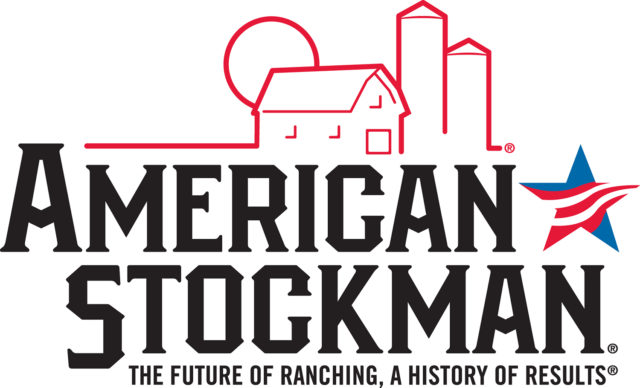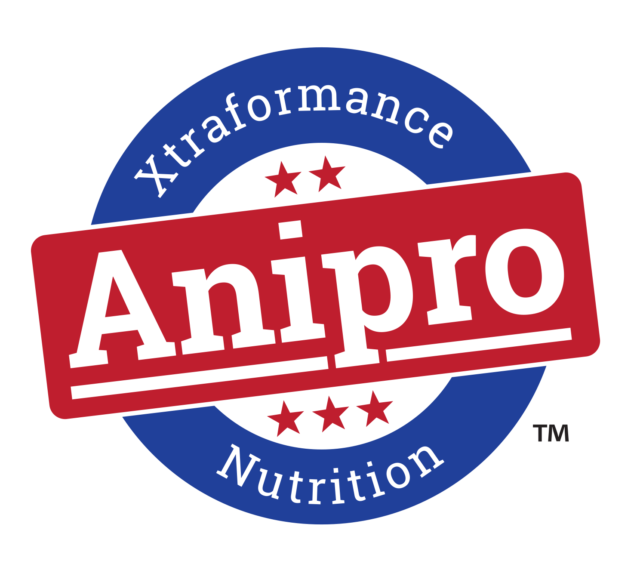They also play an important role in analyzing pregnancy, calving and weaned calf percentage and factors like health, nutrition and genetics through measurements collected at different stages. On ranches, farms and stockyards, traditional weighing methods often prove to be inaccurate, time-consuming and labor-intensive.
Benefits of livestock scales
Livestock scales are an excellent investment for ranchers and farmers, allowing them to improve efficiency and productivity while minimizing the time, cost and effort of weighing cattle. Look at some of the reasons why cattle scales are so popular in the livestock farming sector:
Accuracy – It’s crucial for your weighing equipment to yield accurate results, since it will be used at every stage of production and output, and hence affect your profits. Livestock scales can help you ensure that you receive consistent and highly accurate measurements, especially if they are properly calibrated and maintained.
Durability – Since livestock scales need to handle heavy loads on a daily basis, as well as harsh cattle country environments, they are designed to be extremely durable. Unlike scales designed for other industries with controlled environments, they can take the stress of multiple large loads as well as conditions like dust, rain, animal waste, etc.
Performance evaluation – The use of livestock scales allows you to measure cattle weights at different stages of life. This data in turn can be analyzed to evaluate feedlots, gain and related factors like adjusted weaning and yearling weights, as well as average daily gain (ADG) and weight per day of age (WDA).
Feed or medicine calculation – Livestock scales play a huge role in ensuring that your herd is getting the optimum diet and medication (such as antibiotics and deworming), which are based on the animal’s weight. If the dose or feed is too high or too low, you could end up with poor performance or even lose animals, which will affect your bottom line.
Ease of use – Livestock scales normally feature flat wood or concrete decks that allow for easy loading and unloading of animals, but also include other user-friendly features. For instance, advancements in technology have led to the inclusion of memory components in many scales, which reduces the need for separate equipment to collect weight data.
Customization – Many kinds of livestock scales can be custom built to suit your requirements and may include accessories like gates, load bars, digital weight indicators, etc. These can help streamline your weighing processes even further, as well as reduce your time and labor investment.
Choosing a livestock scale system
Livestock scales are available in a wide range of sizes, capacities, weighing technologies and specifications to suit the varied needs of different farmers. Common types include:
Beam platform scales – These mechanical scales are not sold often and can be costly to install or repair, but some livestock farmers still prefer to use them.
Flat livestock scales – These are great for weighing cattle, since they are designed for use with large animals, and may include battery-operated systems for mobility.
Single animal scales – Available in different sizes and load capacities, these systems include enclosures to hold and weigh one animal at a time with extremely accurate measurements.
Portable and mobile livestock scales – These portable weighing systems are perfect for farmers who sell cattle in lots, since they can weigh multiple animals at the same time.
Stationary livestock scales – These load-cell weighing systems are highly accurate and durable even in extreme working environments. They are available in various sizes and capacities.
Livestock truck scales – These are also available in various sizes and capacities to suit different weighing applications, and they are low maintenance for cattle farmers.
Livestock ring scales – These are custom designed as comprehensive systems that can be installed in existing barns and processing plants for livestock weighing.
When you’re choosing a weighing system for your ranch or farm, you should consider your budget, needs and limitations in order to make an informed choice. Ask yourself:
-
Where will the scale be used?
- If you use a squeeze chute, you can weigh cattle in it with a permanent system (load bars bolted into concrete and attached to the chute) or in the alley with a portable system (load bars attached to a platform) before they enter. Portable systems are best if you don’t have a squeeze chute, since you can load them on a truck or trailer too.
-
How many animals will you weigh?
- Permanent systems allow you to weigh larger herds in single sessions, while portable systems are better suited for those with smaller herds and multiple weighing locations. If you need extremely precise measurements, you may also want to consider single animal scales for the task.
-
How rough is the environment?
- If the working environment for the weighing system includes exposure to corrosive elements, select a heavy-duty scale that can take the abuse. While all livestock scales are designed for use in harsh conditions, invest in wash-down scales that can be cleaned often if you expect them to need it.
-
Mechanical or electronic scales?
- To install mechanical scales, you’ll need to excavate and construct a concrete pit. Repairs can be very expensive if the measurements become inaccurate, and the mechanical scale may not be licensed or may be ineligible for certification. Electronic (load-cell) scales are comparatively inexpensive, highly accurate and much easier to install.
Scales designed specifically for use with livestock offer a wide range of benefits for the farming industry, and are no longer a luxury that only large establishments can afford. ![]()
Kevin Hill provides exceptional technical expertise to the sales and services team at Quality Scales Unlimited. His morning breakfast includes healthy food with a side of "What's happening in mechanical engineering?" His weekend plans include blogging and spending time with his family.









